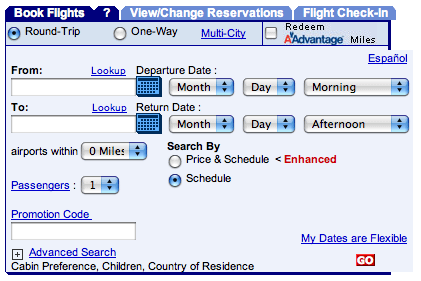“I’d love to start a company / become a great programmer / write an awesome blog, but there’s just not enough time in the day!” Bullshit. There’s always enough time, you’re just not spending it right.
Now that’s some tough love, but I’m sick and tired of hearing “no time” as an excuse for why you can’t be great. It really doesn’t take that much time to get started, but it does take wanting it really bad. Most people just doesn’t want it bad enough and protect their ego with the excuse of time.
This excuse is particularly depressing when it comes from students.
“Oh, I have so many classes. Oh, I have so much home work. There’s simply no time to learn outside of school.”
Then you’re doing it wrong!
Never let your schooling interfere with your education, someone clever once said. Being willing to sacrifice at the edges is one of the most important skills you’ll ever learn.
I’ve received plenty of Bs and even Cs for classes that I was incredibly proud of because they came from hardly no time spent at all. Time that I could then spend on reading my own curriculum, starting my own projects, and running my own businesses.
And I did. During my undergrad, I created Instiki, Rails, Basecamp, and got on the path to being a partner at 37signals. Do you think I could fit all that and still get straight As and have lots of time left over for playing World of Warcraft? No.
If you want it bad enough, you’ll make the time, regardless of your other obligations. Don’t let yourself off the hook with excuses. It’s too easy and, to be honest, nobody cares on the other side.
It’s entirely your responsibility to make your dreams come through.






